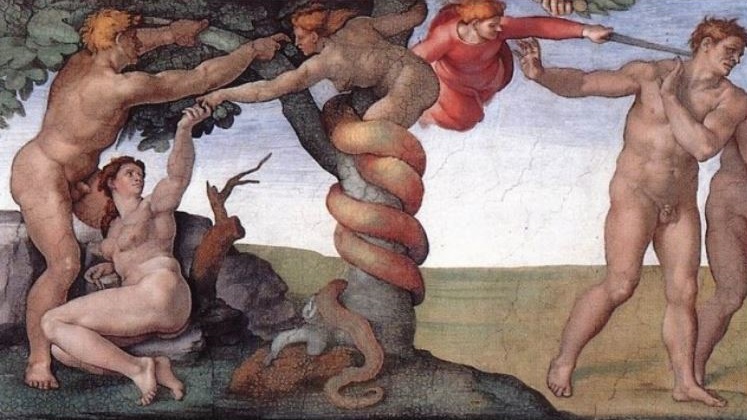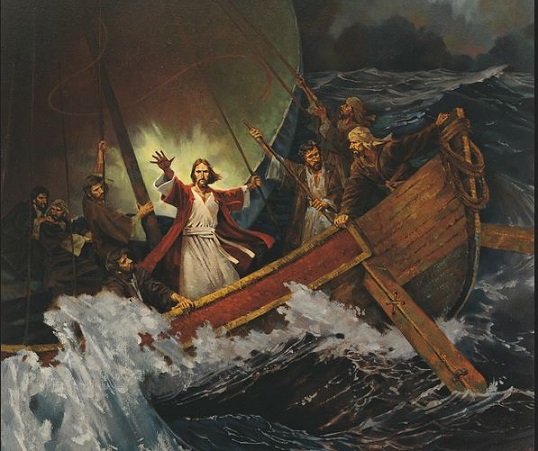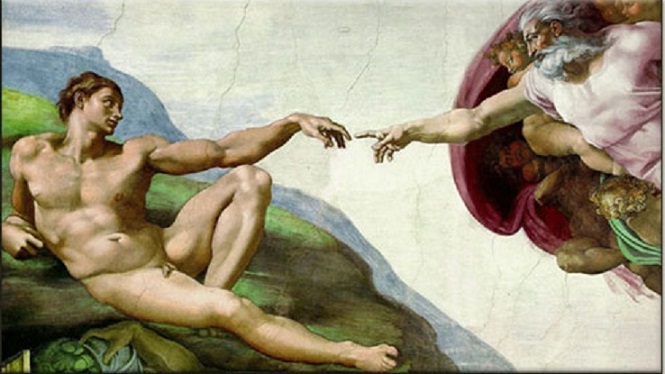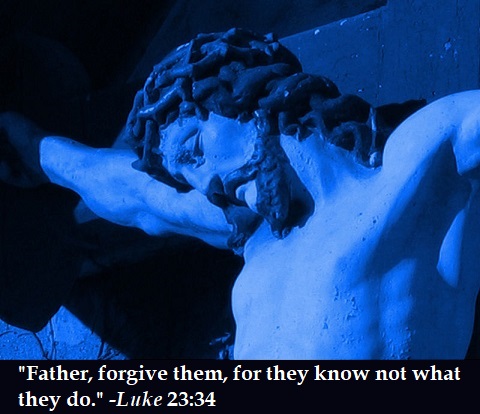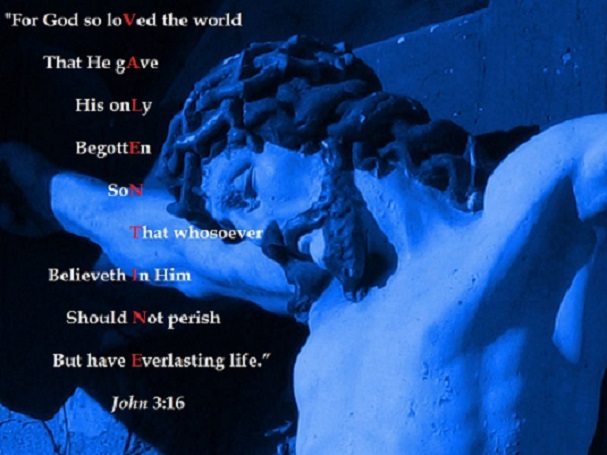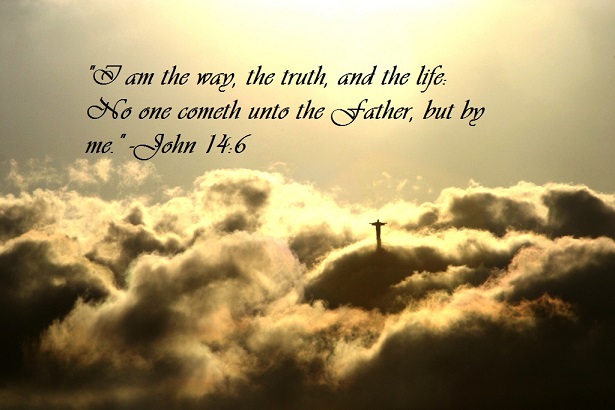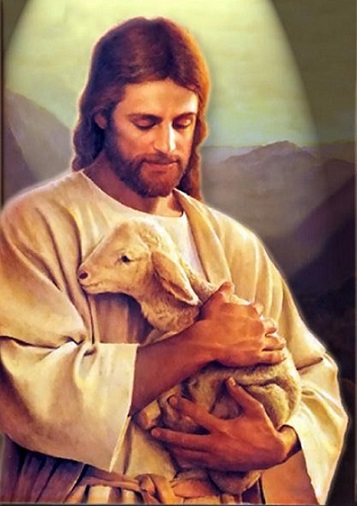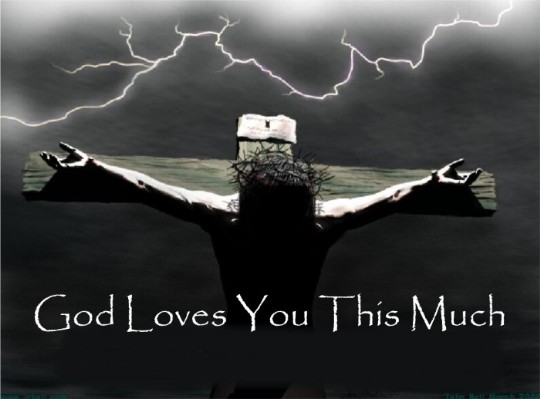
Two Sundays ago, the universal Church remembered our Lord Jesus Christ’s Ascension, when He left this mortal world, not to return until the End Days. In leaving, our Lord bade a last farewell to His faithful disciples and, knowing full well how bereft they would be, He made sure we are not abandoned. He promised that although “the world will not see me anymore . . . I will not leave you as orphans” (John 14:19, 18).
Jesus made two promises to ensure we would not be left “as orphans”:
(1) The Father will send the Holy Spirit, the Third Person of the Triune Godhead. As Jesus said:
John 14:16-17
“And I will ask the Father,
and He will give you another advocate
to help you and be with you forever —
the Spirit of truth.
The world cannot accept Him,
because it neither sees Him nor knows Him.
But you know Him,
for He lives with you
and will be in you.”
(2) We will have His Body and Blood:
John 14:18
“I will not leave you as orphans;
I will come to you.”
How thoughtful and loving our Lord is!

Mark 14:12, 16, 22-26
On the first day of the Feast of Unleavened Bread,
when they sacrificed the Passover lamb,
Jesus’ disciples said to him,
“Where do you want us to go
and prepare for you to eat the Passover?” […]
The disciples then went off, entered the city,
and found it just as he had told them;
and they prepared the Passover. […]
While they were eating,
he took bread, said the blessing,
broke it, gave it to them, and said,
“Take it; this is my body.”
Then he took a cup, gave thanks, and gave it to them,
and they all drank from it.
He said to them,
“This is my blood of the covenant,
which will be shed for many.
Amen, I say to you,
I shall not drink again the fruit of the vine
until the day when I drink it new in the kingdom of God.”
Then, after singing a hymn,
they went out to the Mount of Olives.
Today is the Feast of Corpus Christi, when we remember and celebrate the new Covenant that our Lord made with His Body and Blood, with all who believe in Him. In so doing, Jesus transformed the tribal religion of Judaism into a universal faith. As St. Paul said in his letter to the Hebrews 8:13:
In speaking of a new covenant,
He makes the first one obsolete.
And what is becoming obsolete and growing old
is ready to vanish away.
Our Lord said in Mark 14:22, “Take it; this is my body.”
Do you doubt His words?
Have you heard of the Lanciano Eucharistic miracle?
19 years ago, my Godsister joandarc and I went on a pilgrimage to Italy.
Among the places we visited were the wondrous Sanctuary of St. Michael the Archangel in Mount Gargano and the Church of San Francesco in Lanciano. In the latter was a glass case containing a brownish substance.

Church of San Francesco, Lanciano, aka Shrine of the Eucharistic Miracle
As described by TheRealPresence.org, during the middle of the 8th century, a Basilian monk doubted the Real Presence in the Eucharist — that at consecration, bread and wine become Christ’s true body and true blood.
The doubting monk was celebrating Mass one day. As he intoned the words of consecration, “suddenly the monk saw bread turn into Flesh and the wine into Blood,” according to documents at the Sanctuary of the Eucharistic Miracle in Lanciano, Italy.
Today, more than 12 centuries after the Lanciano miracle, the transformed host and wine are preserved still, despite being exposed to atmospheric and biological agents:
- The Host-Flesh is light brown and appears rose-colored when lit from the back.
- The Blood is coagulated into five globules, irregular and differing in shape and size, of an earthy color resembling the yellow of ochre.

Scientific investigations of Lanciano were conducted since 1575, most notably in 1970-71 and taken up again partly in 1981, by Dr. Odoardo Linoli, head of the clinical analysis laboratory and of pathological anatomy at Arezzo Hospital, and Dr. Ruggero Bertelli, professor of anatomy at the University of Siena.
Linoli and Bertelli came to the following conclusions:
- The flesh is real human flesh, the blood is real human blood.
- The flesh is heart tissue — of the myocardium, the endocardium, the vagus nerve and the left cardiac ventricle.
- The flesh and blood have the blood-type AB, which is the same blood-type found on the Shroud of Turin and the Sudarium or Oviedo Cloth — the piece of cloth that is believed to have covered Jesus’ head after the crucifixion.
- In the blood were found proteins in the same normal proportions (percentage-wise) as are found in the sero-proteic make-up of fresh human blood, as well as the minerals chloride, phosphorus, magnesium, potassium, sodium and calcium.
According to “The True Presence,” in 1973, the UN World Health Organization’s board of governors appointed a scientific commission to investigate Lanciano. After 500 examinations, the scientists verified the 1971 findings and declared the tissue to be human.
There have been other Eucharistic miracles elsewhere since Lanciano. See here, here, and especially the website “The Eucharistic Miracles of the World” that was the work of a devout Italian boy named Carlo Acutis before he died from a brain tumor in 2006 at the tender age of 15.
To conclude, Christ is with us through the Holy Spirit, and in His Body and Blood, which makes it all the more terrible and reprehensible that state governments, ostensibly to “contain” the COVID-19 “pandemic,” had barred Catholics and other Christians from attending church service, including the receiving of the Holy Eucharist, which is life itself.
Tell our Lord your troubles and fears.
And tell Him, often and always, that you love Him with your whole heart, your whole soul, your whole mind, and with all your strength. ❤️
May the peace and love of Jesus Christ our Lord be with you,
~E
